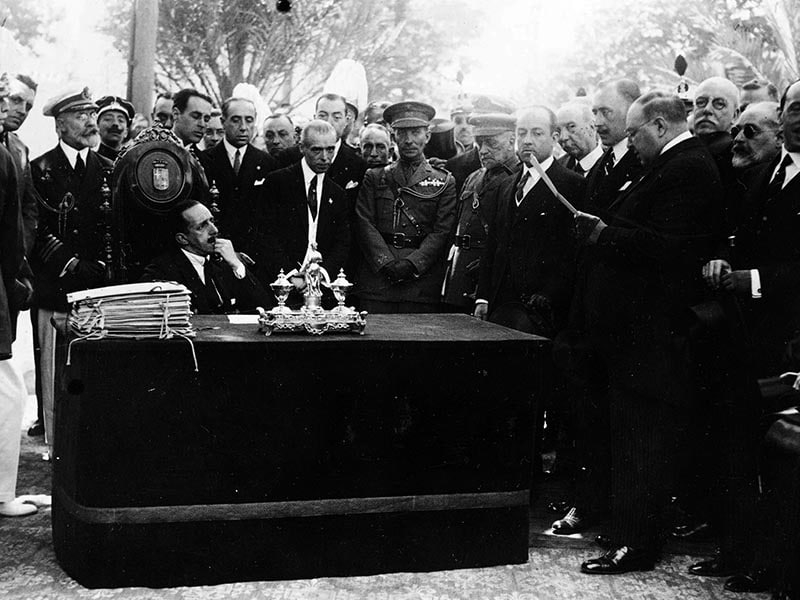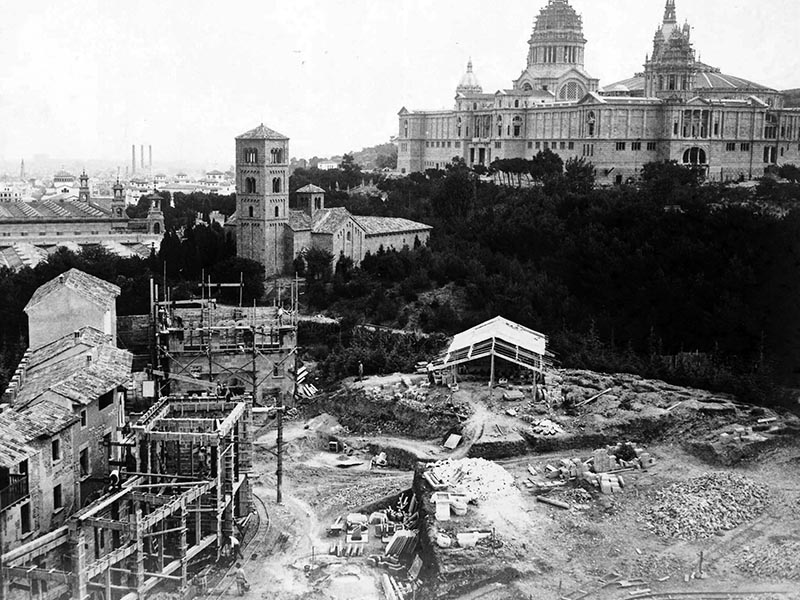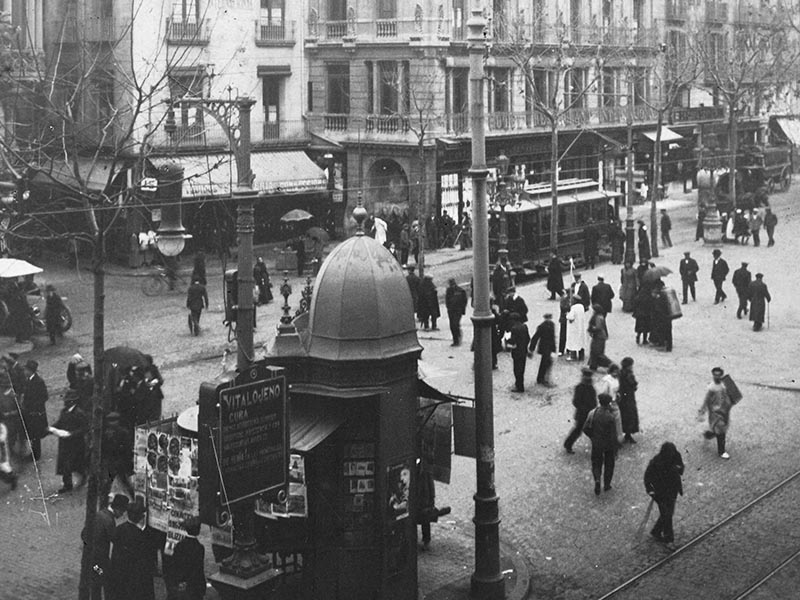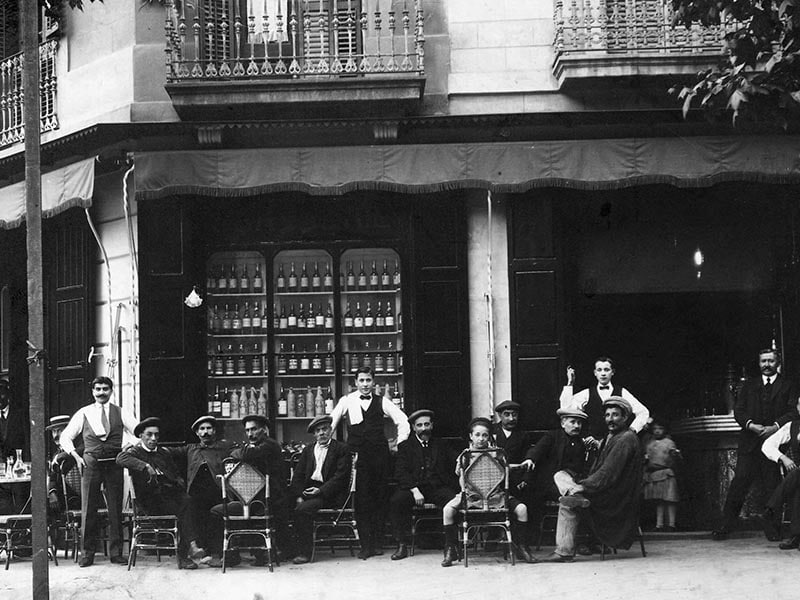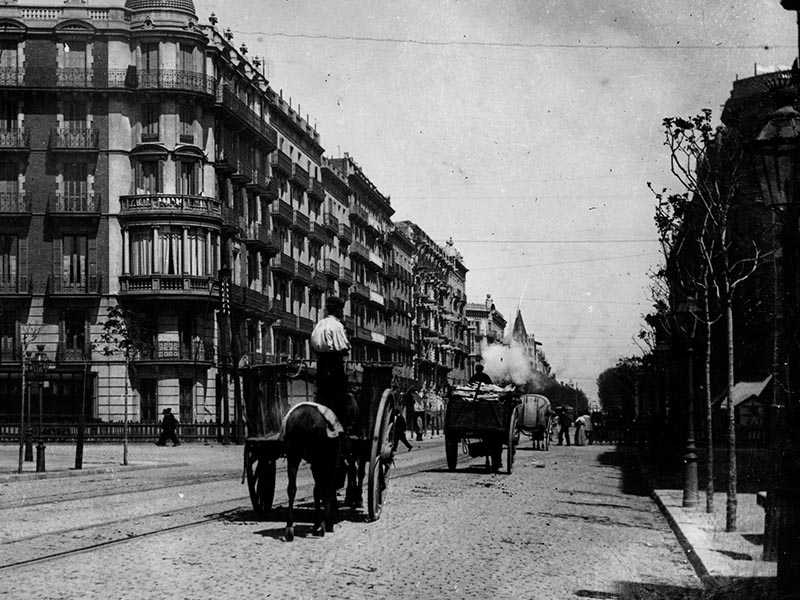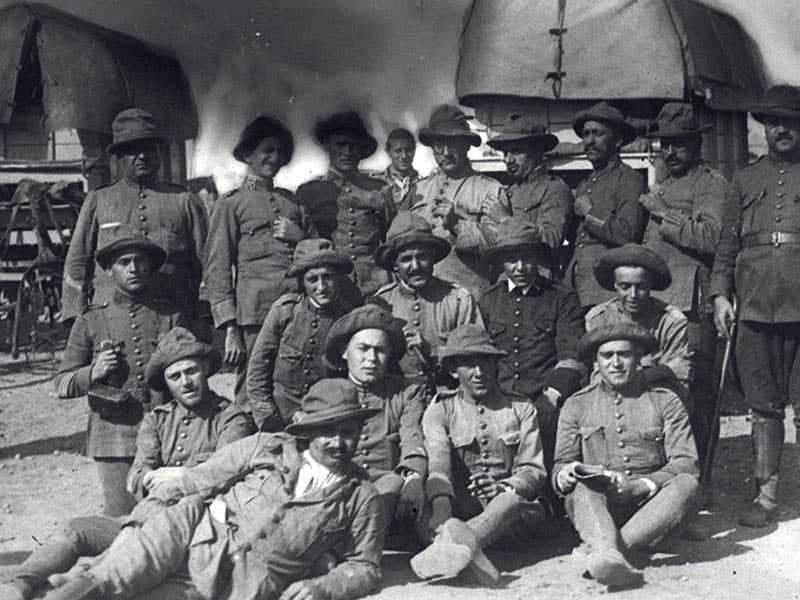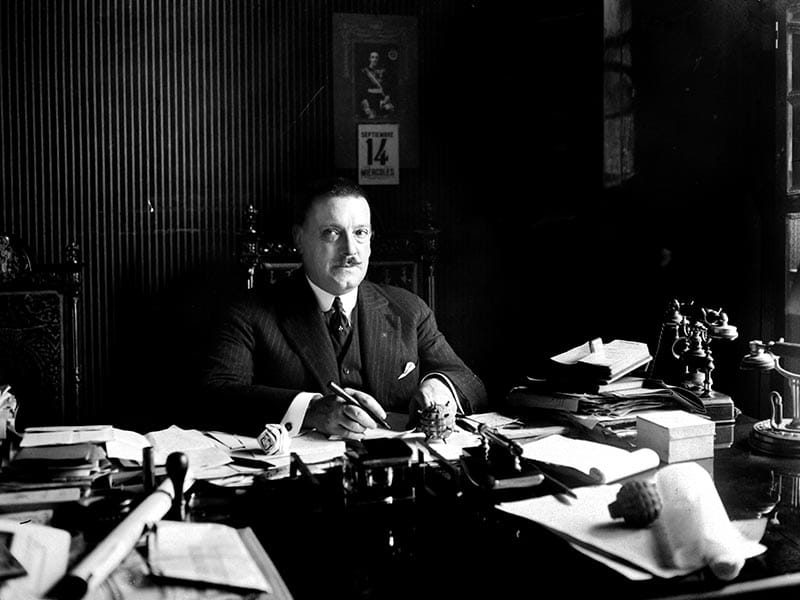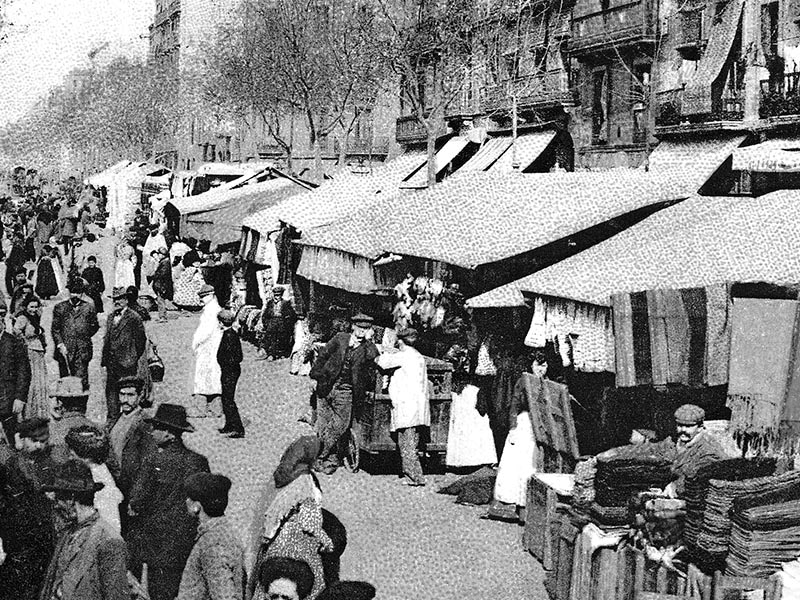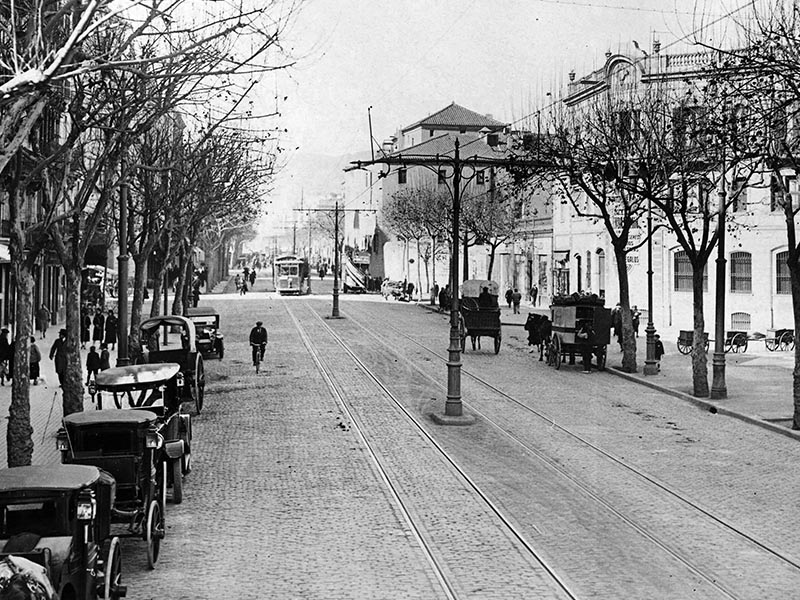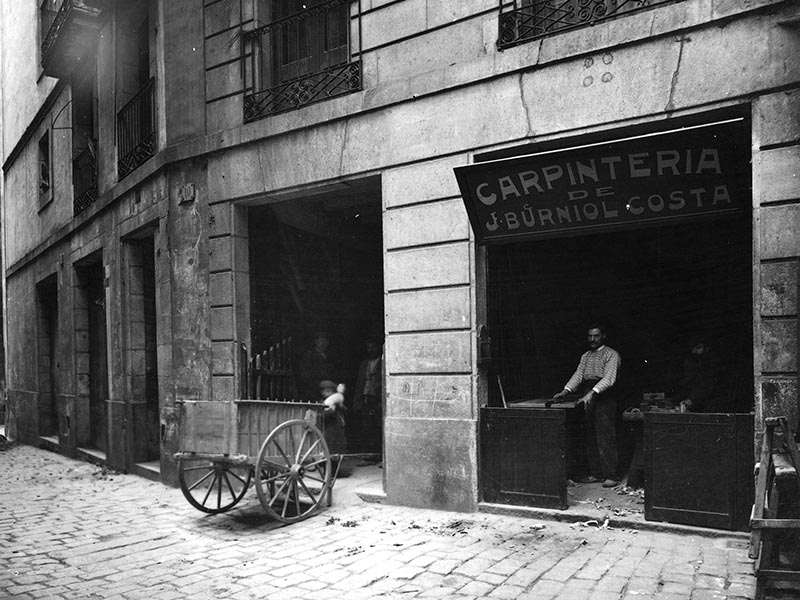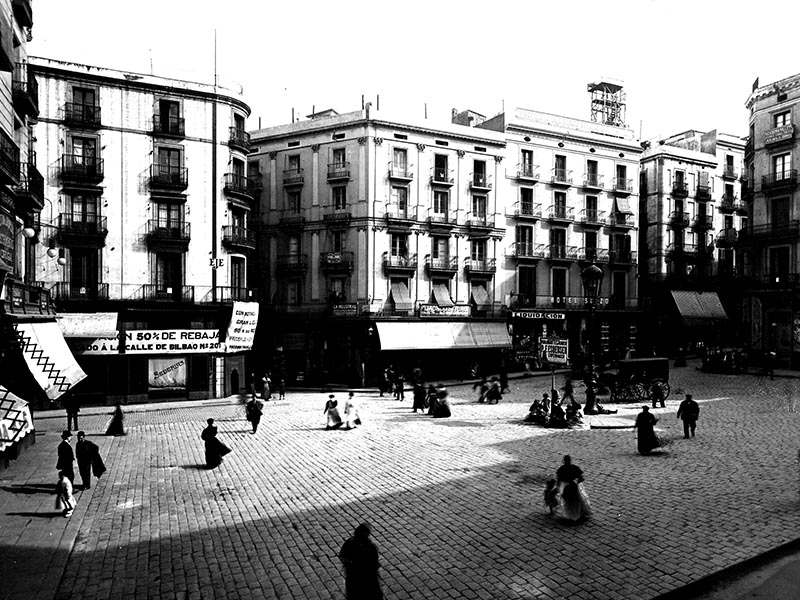Police officer Rodrigo Palacios discusses the infamous Law of Fugitives.
I remember that my grandmother would explain to me the ‘Ley de Fugas’ in Barcelona. They, the military, lived in the Modelo prison itself, in a module by the Urgell street. From there, well, the families could see all that happened both inside and outside the prison. Back then there were no prison officers, they were controlled by the military. And I remember that she would tell me that the ‘Ley the Fugas’ back then was that people who either were in the way, politically or some interest of the bourgeoisie, or some sort of influential interest, were given freedom to leave the prison. What happens? The ‘Ley de Fugas’, the way she explained it, was leave the prisoner outside the gate and, once he decided to leave, from the watchtowers in different places in the prison was shot to death. I remember a story that was very anecdotic for me, it marked me. My grandmother would explain that she remembered a prisoner, very young, who had found his wife cheating on him with another man. Apparently, that man had some power in society. I don’t remember well the year, it was 20 something 1928 or 1929. And I remember that my grandmother would say, he was a man, a boy, a man around 30, she’d say, very handsome and very polite, she’d say, and what happens is that when he discovers his wife cheating on him, well, he murders both. Well. Then what they did was apply the ‘Ley de Fugas’. He was left on the street Urgell, on the main door of the Modelo, and the man spent to days sitting by the door, in the cold, but, of course, when hunger and thirst got to him, he had to [run, get away]… I remember my grandmother telling me, from the Modelo watchtowers they would shout at him, ‘Go away, go away, you’re free, go away, you’re free’ And on the very moment when the man, after two days, started to run… He was executed just there.
